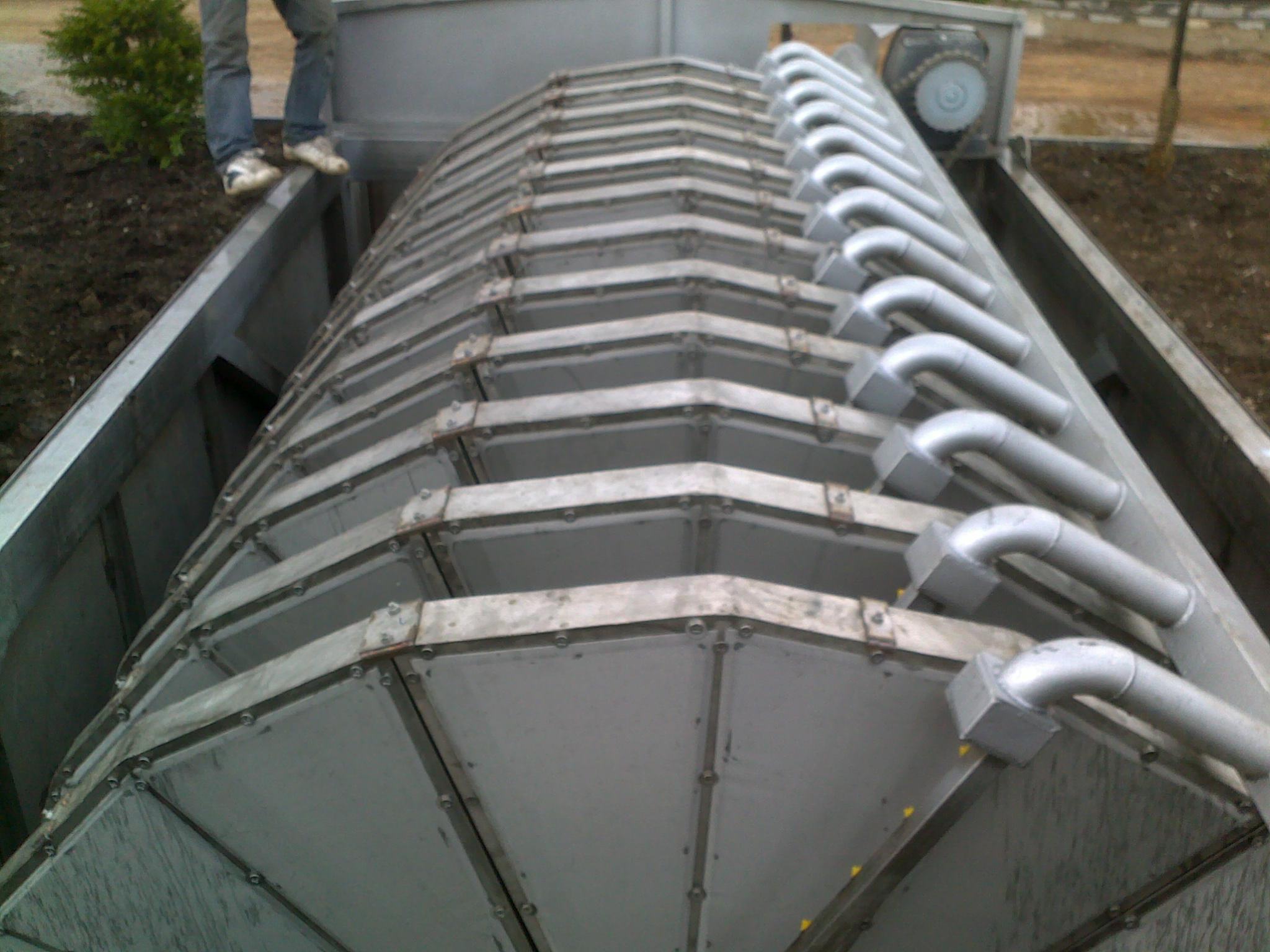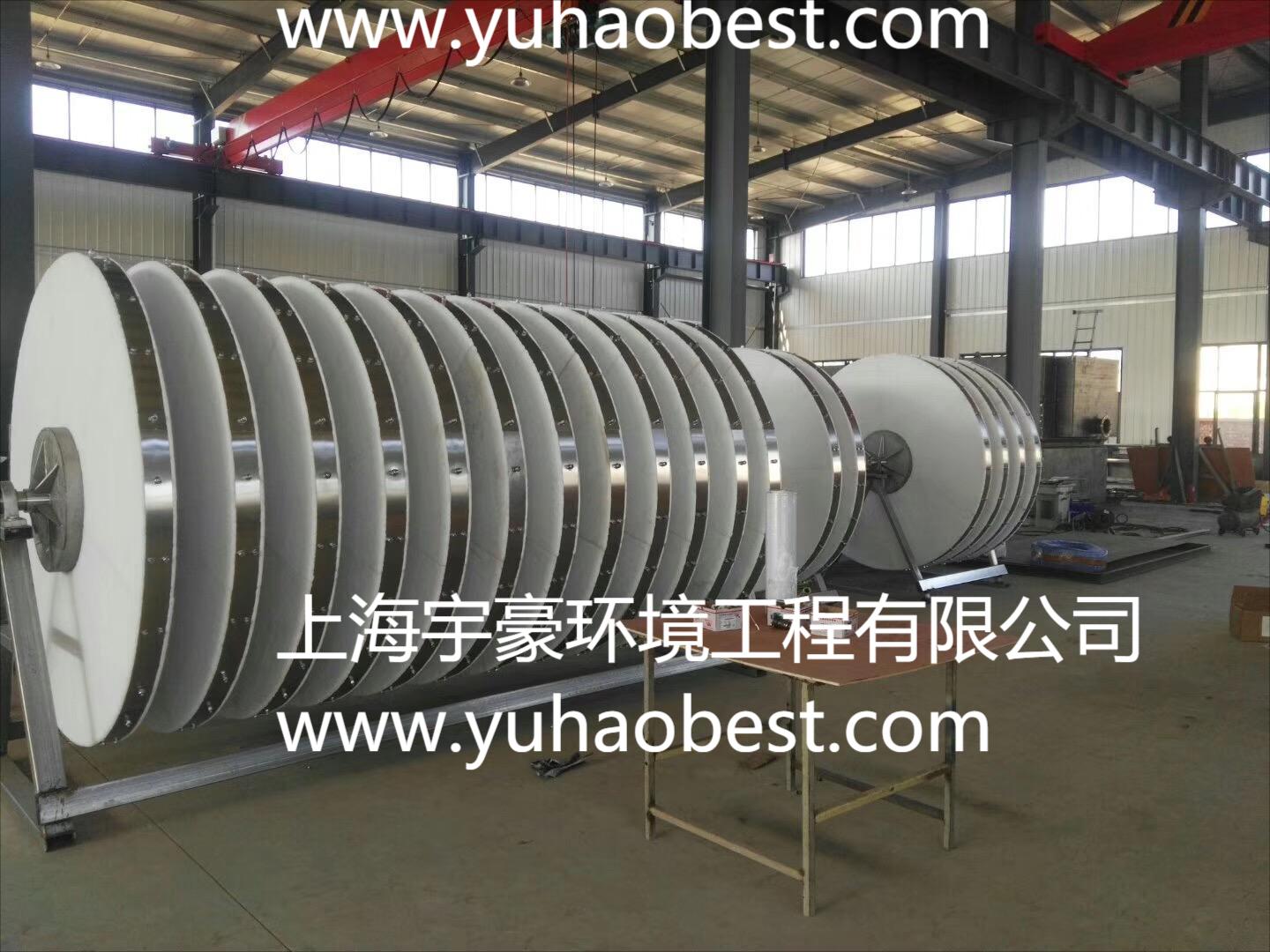- Home
- Products
- About Us
- Services & Support
- News
- Contact Us
Views: 300 Author: Site Editor Publish Time: 2025-11-12 Origin: Site











Content Menu
● What is a Fiber Disc Filter?
>> How Does a Fiber Disc Filter Work?
>> Key Components of Fiber Disc Filters
● Advantages of Fiber Disc Filters
>> Low Maintenance Requirements
>> Versatility in Applications
● Applications of Fiber Disc Filters
● Future Prospects of Fiber Disc Filters
>> Environmental Considerations
>> Integration with Smart Technologies
>> What are fiber disc filters made of?
>> How do fiber disc filters compare to traditional filters?
>> Can fiber disc filters be used for wastewater treatment?
>> What industries benefit from fiber disc filters?
>> Are fiber disc filters environmentally friendly?
In the world of water treatment and filtration, the fiber disc filter has emerged as a significant innovation. This technology is designed to enhance the efficiency of filtration processes, particularly in industrial applications. This article delves into the workings, advantages, applications, and future prospects of fiber disc filters, providing a comprehensive understanding of this essential technology.
A fiber disc filter is a type of filtration device that utilizes a series of discs made from fibrous materials to separate solids from liquids. The design of these filters allows for a high surface area, which enhances their filtration capabilities. The discs are typically arranged in a stack, and as liquid passes through them, solid particles are trapped within the fibers, resulting in clean, filtered liquid.
The operation of a fiber disc filter is relatively straightforward. Liquid enters the filter and flows through the stacked discs. The fibrous material captures solid particles, while the clean liquid continues to flow through. The design of the discs allows for a uniform flow distribution, ensuring that all areas of the filter are utilized effectively.
1. Filter Discs: The primary component, made from various fibrous materials, which can include synthetic fibers, natural fibers, or a combination of both.
2. Support Structure: This holds the discs in place and provides stability to the filter system.
3. Inlet and Outlet Ports: These allow for the entry of unfiltered liquid and the exit of filtered liquid, respectively.
4. Cleaning Mechanism: Many fiber disc filters are equipped with a cleaning system that can automatically remove accumulated solids, ensuring continuous operation.
Fiber disc filters offer several advantages over traditional filtration methods. These benefits make them a preferred choice in various applications.
One of the most significant advantages of fiber disc filters is their high filtration efficiency. The fibrous structure allows for the capture of very fine particles, which might pass through other types of filters. This capability is crucial in industries where the purity of the liquid is paramount.
Fiber disc filters are designed for durability and ease of maintenance. The cleaning mechanisms often allow for self-cleaning, reducing the need for manual intervention. This feature not only saves time but also minimizes operational costs.
These filters can be used in a wide range of applications, from wastewater treatment to food and beverage processing. Their ability to handle various types of liquids and solids makes them a versatile choice for many industries.
While the initial investment in fiber disc filters may be higher than traditional filters, their long-term operational savings often make them more cost-effective. The reduced maintenance and increased efficiency contribute to lower overall costs.
Fiber disc filters are utilized in various industries, each benefiting from the unique properties of this filtration technology.
In water treatment facilities, fiber disc filters play a crucial role in removing contaminants from drinking water. Their ability to filter out fine particles ensures that the water meets safety standards.
In the food and beverage industry, maintaining product purity is essential. Fiber disc filters are used to clarify juices, wines, and other beverages, ensuring that they are free from unwanted solids.
Chemical manufacturers often use fiber disc filters to separate solids from liquids during production processes. This application is vital for maintaining product quality and consistency.
In the pharmaceutical sector, fiber disc filters are employed to ensure that liquids are free from contaminants. This application is critical for the production of safe and effective medications.
The oil and gas industry utilizes fiber disc filters for the separation of solids from drilling fluids and other liquids. This process is essential for maintaining the efficiency of drilling operations.
As industries continue to evolve, the demand for efficient and effective filtration solutions will grow. Fiber disc filters are well-positioned to meet these demands due to their inherent advantages.
Ongoing research and development in materials science may lead to the creation of even more efficient fibrous materials. These advancements could enhance the filtration capabilities of fiber disc filters, making them suitable for even more challenging applications.
With increasing awareness of environmental issues, industries are seeking more sustainable filtration solutions. Fiber disc filters, with their low energy consumption and reduced waste generation, align well with these goals.
The integration of smart technologies into filtration systems is on the rise. Fiber disc filters could benefit from sensors and automation, allowing for real-time monitoring and optimization of filtration processes.
Fiber disc filters represent a significant advancement in filtration technology. Their high efficiency, low maintenance requirements, and versatility make them an ideal choice for various applications across multiple industries. As technology continues to advance, the future of fiber disc filters looks promising, with potential improvements that could further enhance their performance and sustainability.
Fiber disc filters are typically made from synthetic or natural fibrous materials that provide a high surface area for filtration.
Fiber disc filters offer higher filtration efficiency, lower maintenance requirements, and greater versatility compared to traditional filtration methods.
Yes, fiber disc filters are commonly used in wastewater treatment facilities to remove contaminants from water.
Industries such as water treatment, food and beverage, chemical processing, pharmaceuticals, and oil and gas all benefit from fiber disc filters.
